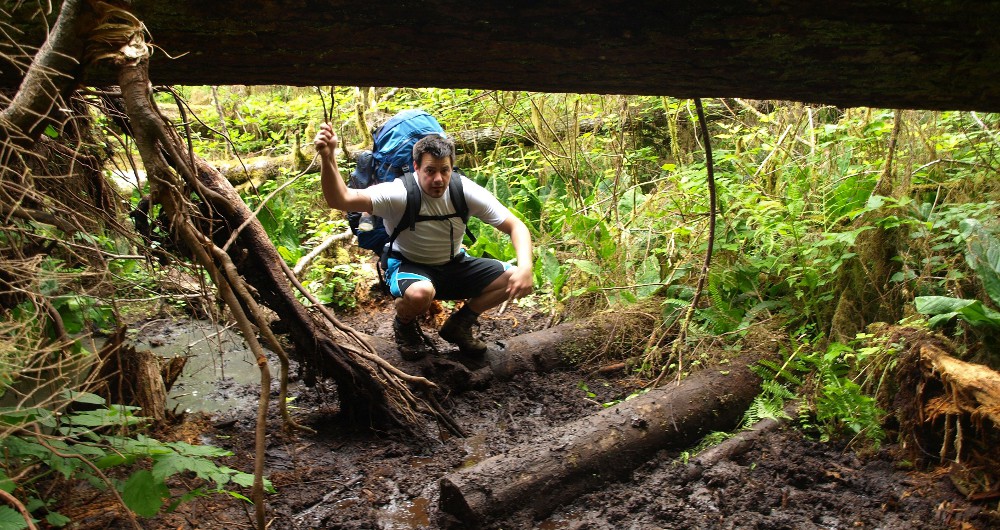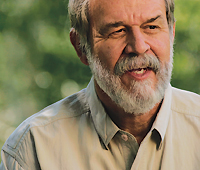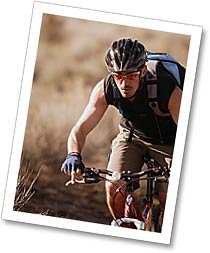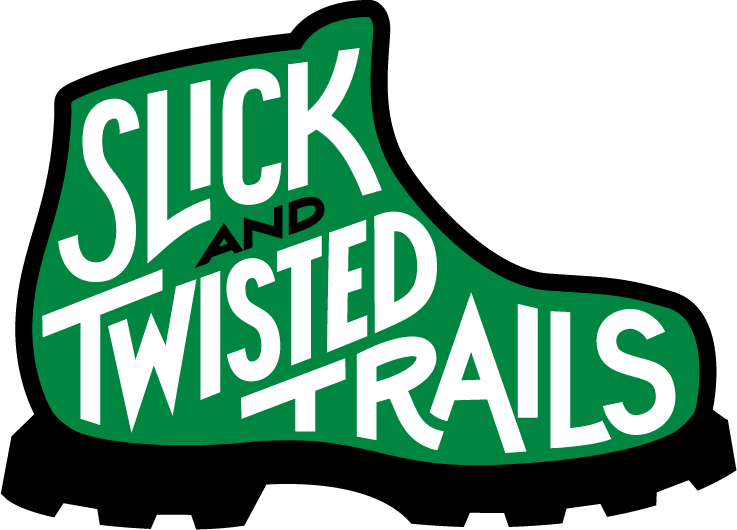
Partaking in outdoor recreation means, inevitably, that you will soon stumble across the difference between hiking and trekking.
And maybe you’ve even asked yourself: Am I on a hike or a trek? Or for that matter, am I mountaineering or backpacking ?
Do these labels really matter? Maybe not. Sure, you don’t need to know if you’re ‘hiking’ or ‘trekking’ to enjoy the outdoors.
But we do think it’s important that people in the trekking and hiking community share a basic common language when it comes to describing these activities. It’s all about clarity and communication.
Plus, the history behind these words is pretty interesting.
So let’s start from beginning….
Etymology
Let’s break it down, first, by the books and see what the scholars have to say about our debate:

What do the books have to say about hiking vs trekking?
Hiking (Hike)
According to Merriam-Webster, the word “hike” first shows up in a recorded instance in 1809.
Pretty much invariably sources agree that the true origin of the word is lost to the deepest recesses of time, however, it seems to have first been “hyke” used by the English. This version of the word is almost certainly a dialectal word of unrecorded ancestry. Thanks, Britain.
Trekking (Trek)
This fun little word is a little easier to trace back slightly more deeply; first originating in 1849 the word “trek” refers to travel by oxen.
Older iterations of the word supposedly go back as far as 3500 BC in the Proto-Indo-European Language.
Today’s evolution of the word most certainly does not have oxen involved, but this gives us some background on where our words are coming from.
Empirical Uses
Understanding where the two words began gives us some basis for moving forward with some perspective.
Today, however, what really matters is how it’s used by real outdoor travelers and participants.
Here’s where the greater outdoor world currently stands on the difference between hiking and trekking:
Hiking Today
Hiking today is a broad stroke of the brush against a canvas which encompasses outdoor pursuits. At some point you’ll hear it used to mean anything from day hikes to overnight camping trips.
What does hiking mean in the most common use?
Hiking can be loosely defined as an outdoor walk, usually in the rural or backcountry areas, ranging from an hour to a full day of travel.
Sometimes hiking requires equipment such as a day-pack, water bottle, and emergency supplies depending on location.
Trekking
Most commonly used in Europe, the word trekking can be equated to a synonym of backpacking.
Buck Tilton, wilderness emergency medicine expert, founding member of the Wilderness Medicine Institute, and Backpacking.com Medical Expert, had this to say:

Buck Tilton, WMI Founder
In a book I wrote called The Trekker’s Handbook, a national poor seller, I said if you’re going out for about a week or more let’s call it trekking. Less than a week and it’s backpacking. “Hiking” is when you walk around.
In a slightly broader sense, the term backpacking is most often used in America to denote multi-day backcountry travel requiring equipment carried on the back.
In Europe the word trekking is usually used to denote the same thing.
Backpacking
It’s pretty important to delve into this common word in order to fully understand the spectrum of terms surrounding the outdoor community.
Backpacking, in the US, is the activity of spending multiple days in the wilderness covering distance while moving campsites using a backpack.
Backpacking deviates from hiking where hiking is usually a single day activity.
European Backpacking
Frontcountry versus backcountry travel is an important distinction to make:
- Frontcountry: urban or mildly rural environments where access to active roads and dwellings is easily achievable.
- Sidecountry: areas around or near establishments which blend the characteristics of front and backcountry areas, traveling out of bounds at a ski area is one such example
Backcountry: truly remote, supplies and self sufficiency are critical to survival while planning, knowledge, and skills are needed to live and travel.
In Europe, backpacking usually means traveling by public transport using inexpensive lodging and backpacks as the primary luggage, exclusively in the frontcountry.
Backpacking vs Trekking
American backpacking seems to be the most interchangeable with European trekking. These two terms are almost perfectly synonymous.
Trekking is rarely used by Americans and you might get blank stares when speaking to a US native about the term.
Using the word backpacking with a European, however, will result in confusion surrounding the distinction between backcountry and frontcountry travel.
Mountaineering
Mountaineering is a distinct set of skills which rapidly branches into a confusing cluster of subsets.
In the US it is recognized as a distinctly different discipline from hiking, backpacking, or trekking. In Europe mountaineering may sometimes be lumped in with general backcountry travel.
Let’s make it easy and define mountaineering as the set of skills which require technical proficiency to ascend vertical, or near vertical faces.
Understanding the Yosemite Decimal System for vertical ascension ratings is really important here.
Mountaineering is, broadly, anything that requires specialized tools, skills, or knowledge to ascent a mountain.
Skills include, but aren’t limited to:
- Technical climbing using advanced rope work or team rope skills
- Ice climbing
- Backcountry skiing or snowboarding
- Avalanche safety training
- Glacier travel training
- Advanced understandings of mountain weather
- Deep understanding of wilderness emergency medicine
Variations include ski mountaineering, where the practitioner ascends a mountain using climbing, ice climbing, and glacier travel skills while carrying or skinning on a set of skis. Descent is accomplished with the aid of skis or a split-board.
Mountaineering, at least in the US, is not a day hike up a roped path to a crowded summit. Such an activity would more appropriately be called, simply, hiking.

Darran Wells on the difference between hiking and trekking.
What Do Other Pros Say?
I talked to several professional contacts in the outdoor adventure industry (many among who can be recognized as industry leaders) about what they think the difference between hiking and trekking really is:
Darran Wells, NOLS Senior Faculty, Author, and Outdoor Education Professor:
“I think of trekking as a more common way for Europeans to talk about backpacking. For me, it implies an extended overnight trip. Whereas “hiking” might just be for the day.Funny, down in New Zealand years ago I heard them use “tramping” the same way.”
Rick McCharles, Site Editor Besthike.com
“As far as I’m concerned trekking and hiking are the same. A minority feel a trek is longer and/or more challenging than a hike, but that’s a distinction I don’t make. Backpacking is not a useful word for the hiking community. Most people feel anyone wearing a backpack is a backpacker. For example, someone traveling Europe by train. Never hiking.”
What’s the Real Difference Between Hiking and Trekking?
What it really boils down to is where you live and how experienced you are in the industry.
There are different expectations of each word based upon English speaking countries around the world.
It’s pretty clear that very little is truly clear when it surrounds different subtle variations on these terms across dialects.
Make sure to pay attention to who you’re talking to and what each term might mean to them or, simply, just ask them “what do you mean when you say trekking?”

